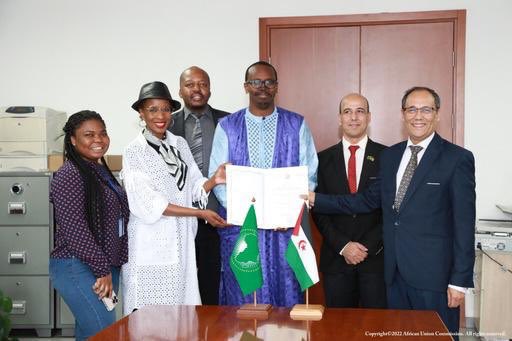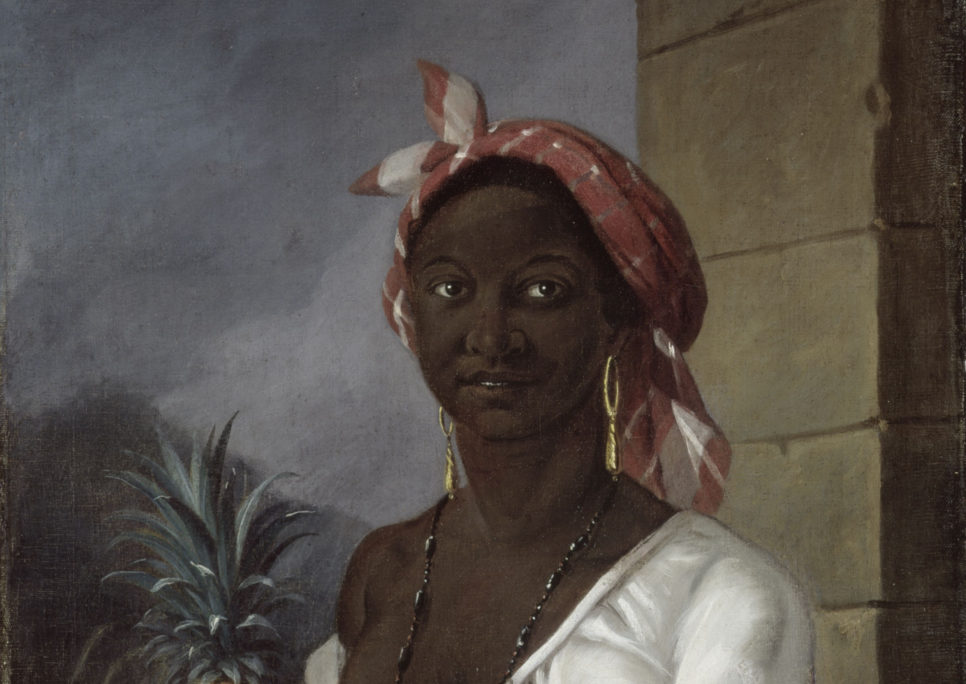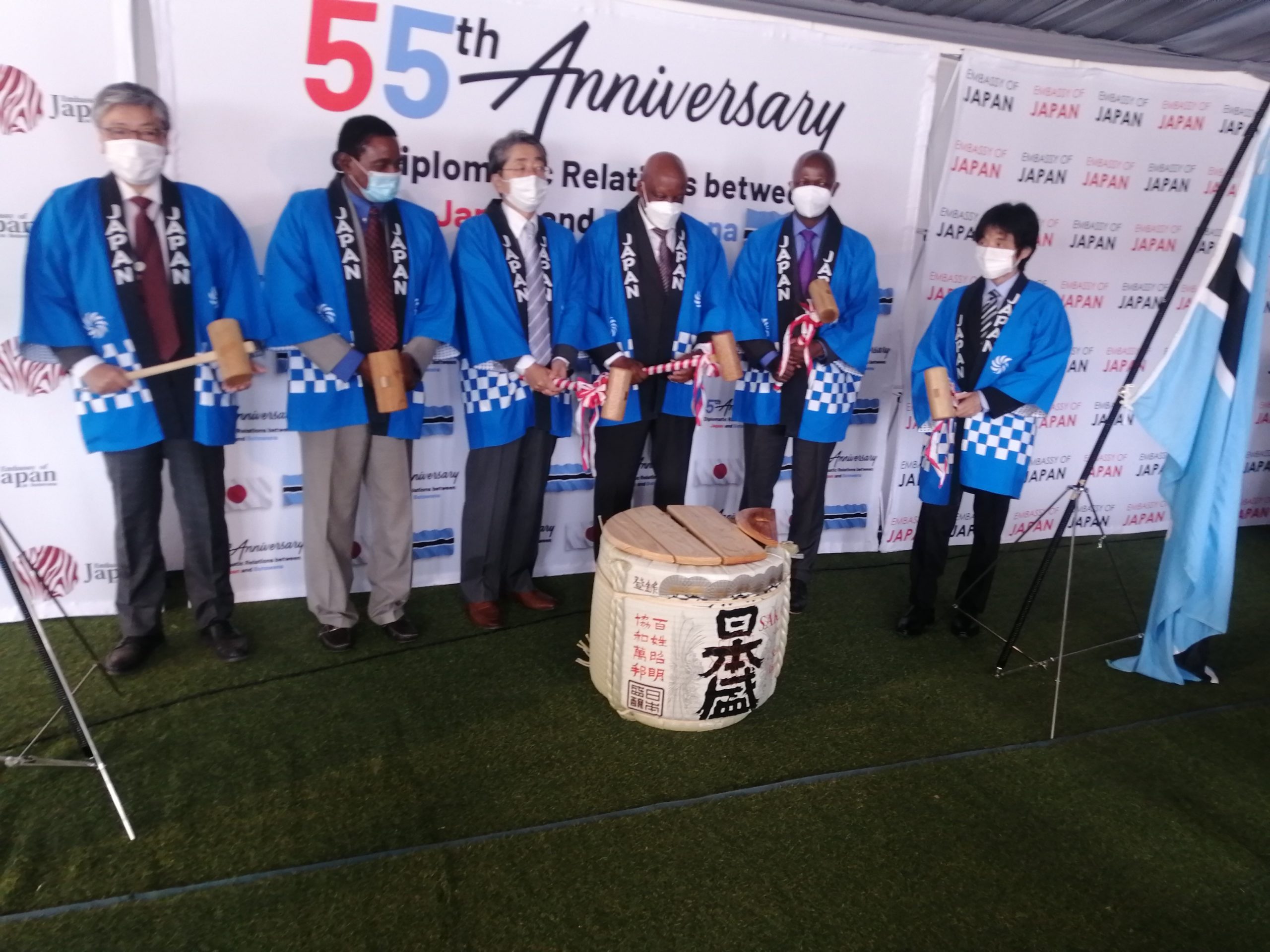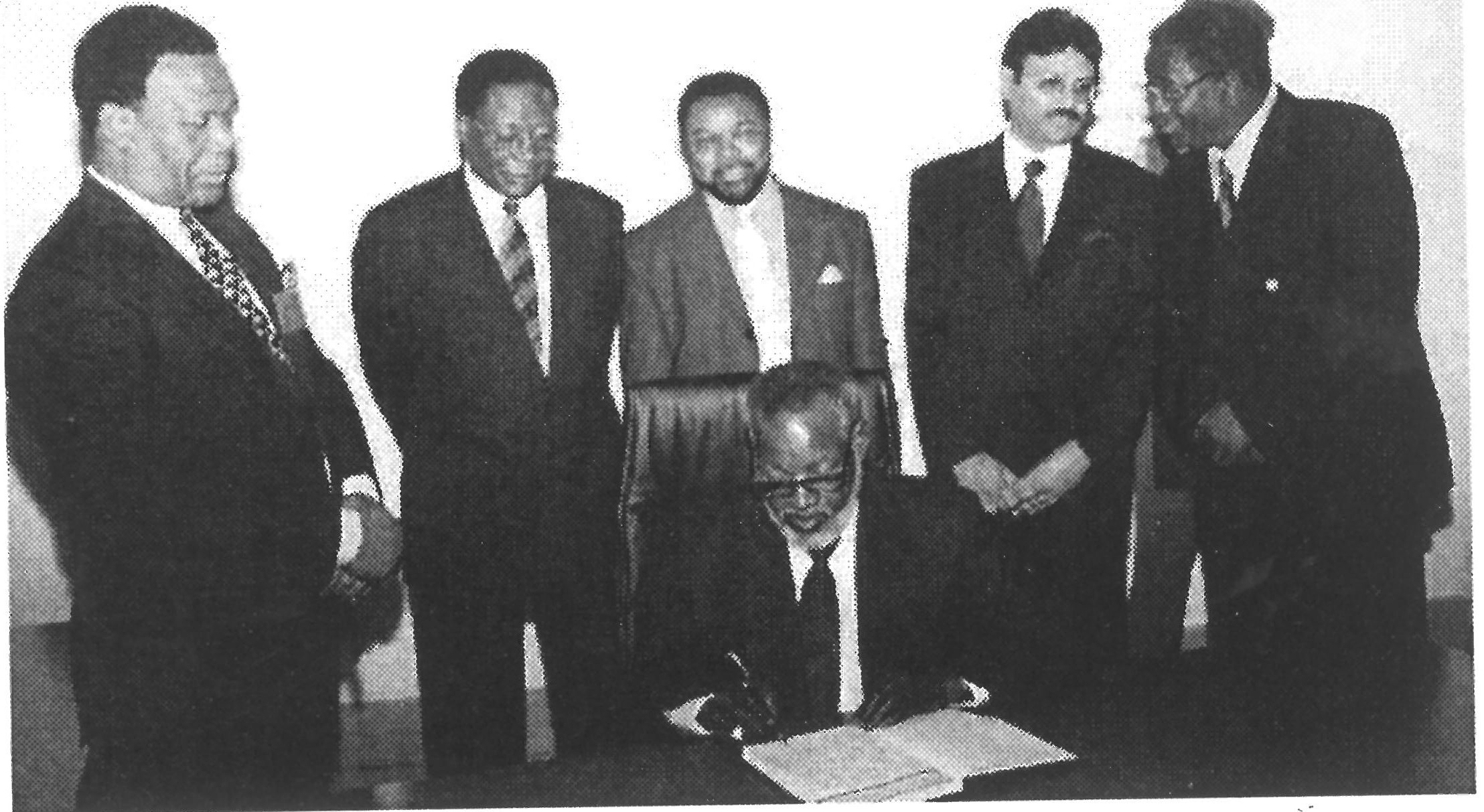
The Pan Afrikanist Watchman
The Saharawi Arab Democratic Republic (SADR) has ratified the Protocol to the African Charter on Human and Peoples’ Rights on the Rights of Women in Africa.
According to Ms. Doreen Apollos, the Communication Advisor in the Information and Communication Directorate of the Addis-Ababa, Ethiopia-based African Union, Western Sahara now becomes the 43rd African State to ratify the Protocol.

By ratifying the Protocol, Africa’s last colony has committed to advance the reality of the rights of women, gender equality and women’s empowerment in that country, which is partially occupied by its neighbour to the north-northeast, Morocco, which is also a fellow member of the African Union!.
Apollos indicated in a press release issued on the 4th of May that the Saharawi Arab Democratic Republic deposited the Instruments of Ratification with the African Union Commission on the 29th of April 2022.
The fight to combat all forms of discrimination against women through appropriate legislative, institutional and other measures has been a continuous journey since July 2003, when African Union Member States adopted the Protocol to the African Charter on Human and People’s Rights on the Rights of Women in Africa (the Maputo Protocol).
The Protocol remains the most comprehensive and progressive instrument on women’s rights, laying out provisions for women’s inclusion in socio-economic and political spaces, and places a responsibility on African States to eliminate discrimination against women and promote their rights by introducing and effectively implementing legislative, institutional and programmatic measures.
Amb. Lamine Baali, SADR Permanent Representative to the African Union (AU), while depositing the instruments of ratification, conveyed the commitment by the Government of the SADR to expand the space for women and girls for the realization of Africa’s vision in Aspiration 6 of Agenda 2063 for a continent whose development is people-driven, especially relying on the potential offered by its women and youth.
He noted that “the Government has a longstanding pledge to ensure women benefit fully from this Protocol. It is indeed a milestone for us and we (would) like to call on more support for the integration as well as successful implementation of all the clauses in the Protocol in order for the country to reap its full benefits.”
The Head of Coordination and Outreach at the Women, Gender and Youth Directorate of the African Union Commission, Ms. Victoria Maloka, congratulated Saharawi for joining the ranks of the other 42 states that have ratified the Protocol.
She reaffirmed the commitment of the Directorate to provide support for the domestication and implementation of the commitments enshrined in the Protocol at the national level.
“SADR is the first AU Member State to submit its instruments of ratification since the outbreak of the COVID-19 pandemic in 2020. This is a clear demonstration of commitment that women’s rights should not be left behind during crisis situations.
“We would like this to be an encouragement to other AU Member States yet to ratify the Maputo Protocol, to do so”, she underscored.
African Union member states committed year 2020 as the year for the Universal ratification of the Protocol. However, 12-member states are yet to ratify.
Recognizing the persistent gender inequality and discriminatory practices against women in Africa, the AU Assembly adopted the Protocol to the African Charter on Human and Peoples Rights on the Rights of Women in Africa.
As a product of years of activism by women’s rights organizations and activists, the Protocol encompasses rights that were not included in the
African Charter on Human and People’s Rights or the Convention on the Elimination of Discrimination Against Women (CEDAW) including measures against harmful practices.
It also clearly lays out governments’ obligations to women’s rights, raising global standards. As at May 2022, 12 AU Member States are yet to ratify the Protocol. These are Botswana, Burundi, Central African Republic, Chad, Egypt, Eritrea, Madagascar, Morocco, Niger, Sao
Tome and Principe, Somalia, and Sudan.
South Sudan has ratified but is yet to deposit the instruments with the AU Commission. The AU Commission has been undertaking advocacy
capacity building and outreach programmes to encourage all Member States to ratify the Protocol and those who have done so, to domesticate and implement it.
In 2021, the AU Commission launched the Maputo Protocol Scorecard and Index (MPSI). The Maputo Protocol Scorecard and Index (MPSI) aims to promote compliance and accountability for implementation of continental treaties on women’s rights.
Developed through the support of the Africa Leadership Forum (ALF) and Plan International (PI), the MPSI is an innovative contribution to the body of tools that seek to enhance accountability and assess the progress by Member States in implementing gender equality, women’s rights and women’s empowerment commitments under the Maputo Protocol.
The instruments of ratification were received by the AU Commission Acting Legal Counsel, Dr. Guy-Fleury Ntwari, on behalf of the Chairperson of the AUC, H.E. Moussa Faki Mahamat.
About the Women, Gender and Youth Directorate
The Women, Gender and Youth Directorate of the African Union Commission is responsible for leading, guiding, defending and coordinating the AU’s efforts on gender equality and development and promoting women and youth empowerment.
Learn More about the African Unions’ strategies and guiding legal instruments that focus on the attainment of gender equality and women’s empowerment in all spheres of life in Africa including developing and implementing policies and programmes that address issues related
to women’s and girls’ rights, advocate for their protection and prohibit violence and harmful practices and other social norms that disempower women and girls.
These include, the AU Strategy for Gender Equality & Women’s Empowerment, the Protocol to the African Charter on Human and Peoples’ Rights on the Rights of Women in Africa (Maputo Protocol), the
Solemn Declaration on Gender Equality in Africa (SDGEA) and the African Charter on the Rights and Welfare of the Child.









